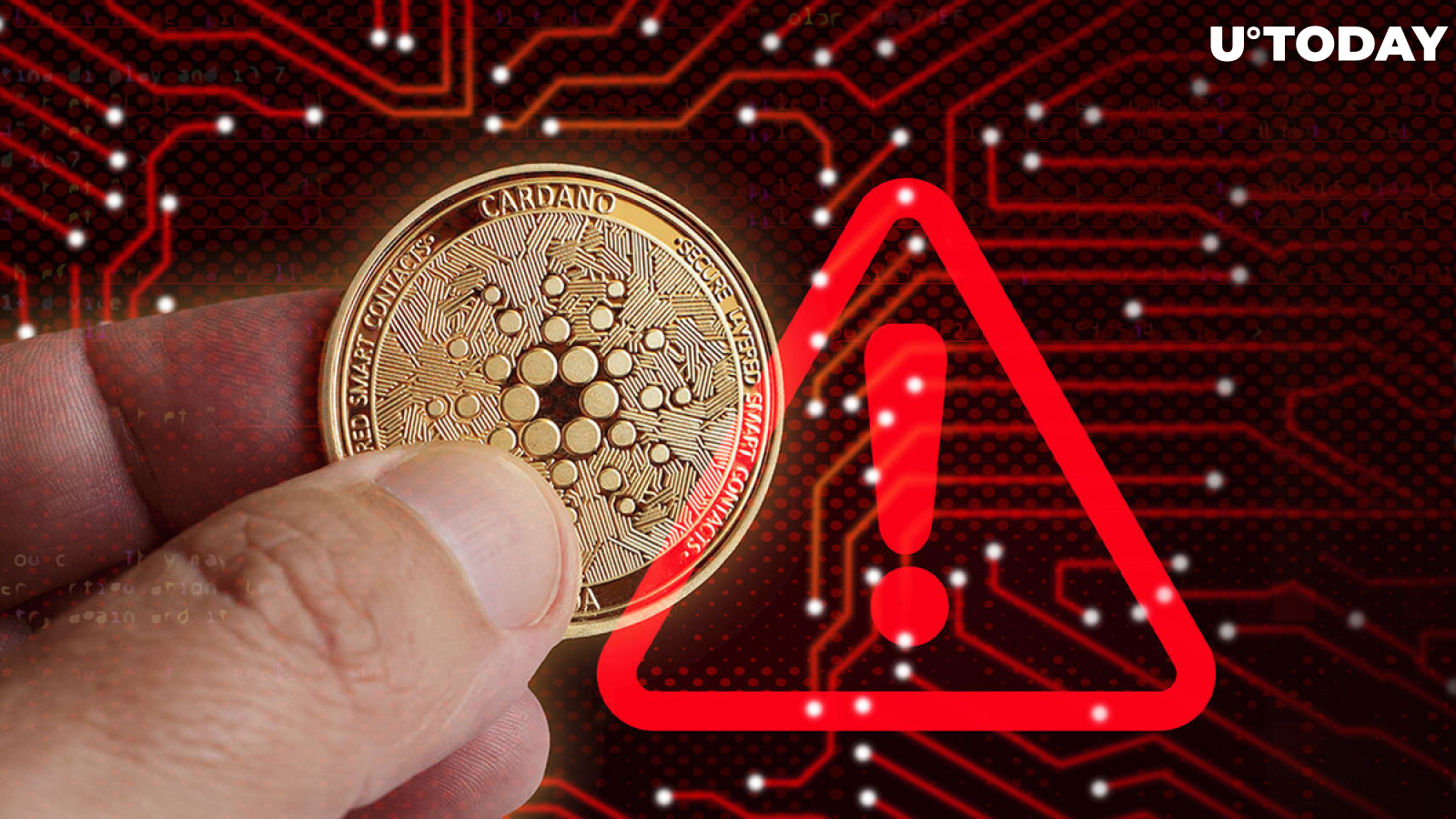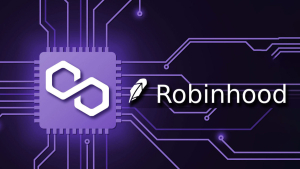
Disclaimer: The opinions expressed by our writers are their own and do not represent the views of U.Today. The financial and market information provided on U.Today is intended for informational purposes only. U.Today is not liable for any financial losses incurred while trading cryptocurrencies. Conduct your own research by contacting financial experts before making any investment decisions. We believe that all content is accurate as of the date of publication, but certain offers mentioned may no longer be available.
Cardano's algorithmic stablecoin, DJED, is facing a significant challenge. According to recent reports, DJED, which is issued by Coti, has failed to maintain its essential reserve ratio between 400% and 800%, making it unmintable through the DJED protocol for users.
This situation has resulted in a consistent de-pegging of DJED on all Cardano decentralized exchanges (DEXes), with the stablecoin trading at a price of $1.078 at the time of writing.
REPORT: $DJED, the stablecoin issued by Coti; has failed to maintain a reserve ratio between 400-800% making it un-mintable through the $DJED protocol for users, which has caused a consistent de-pegging on all #Cardano DEXs with $DJED trading at a price of $1.078 as of writing. pic.twitter.com/mZLUd0E2bC
— The Cardano Times (@TheCardanoTimes) July 5, 2023
Analyzing DJED's trading history throughout June and the beginning of July reveals an unsettling trend. It has been remarkably difficult for users to purchase DJED at its intended price of $1.00 on all Cardano DEXes. This fluctuation is a significant concern as stablecoins are intended to maintain a steady value, often pegged to a specific price like $1.00, to provide stability amid a volatile crypto market.
These challenges faced by DJED are somewhat expected, given its algorithmic nature. Similar to LUNA, any liquidity issues DJED faces are immediately reflected in its price. Among algorithmic stablecoins, maintaining an adequate reserve is crucial for keeping the stablecoin's price pegged to its intended value. In this case, DJED will need to significantly bolster its reserves to regain stability.
Interestingly, this event highlights a pivotal discussion in the stablecoin industry. Centralized stablecoins such as Tether and USD Coin have shown much more resilience in maintaining their peg. This could be attributed to their centralized nature, where a single entity has control and can manage liquidity issues more efficiently and rapidly.
However, centralized stablecoins may also provide risks for investors, especially if a stablecoin is not transparent and does not provide enough clarity about their reserves.









